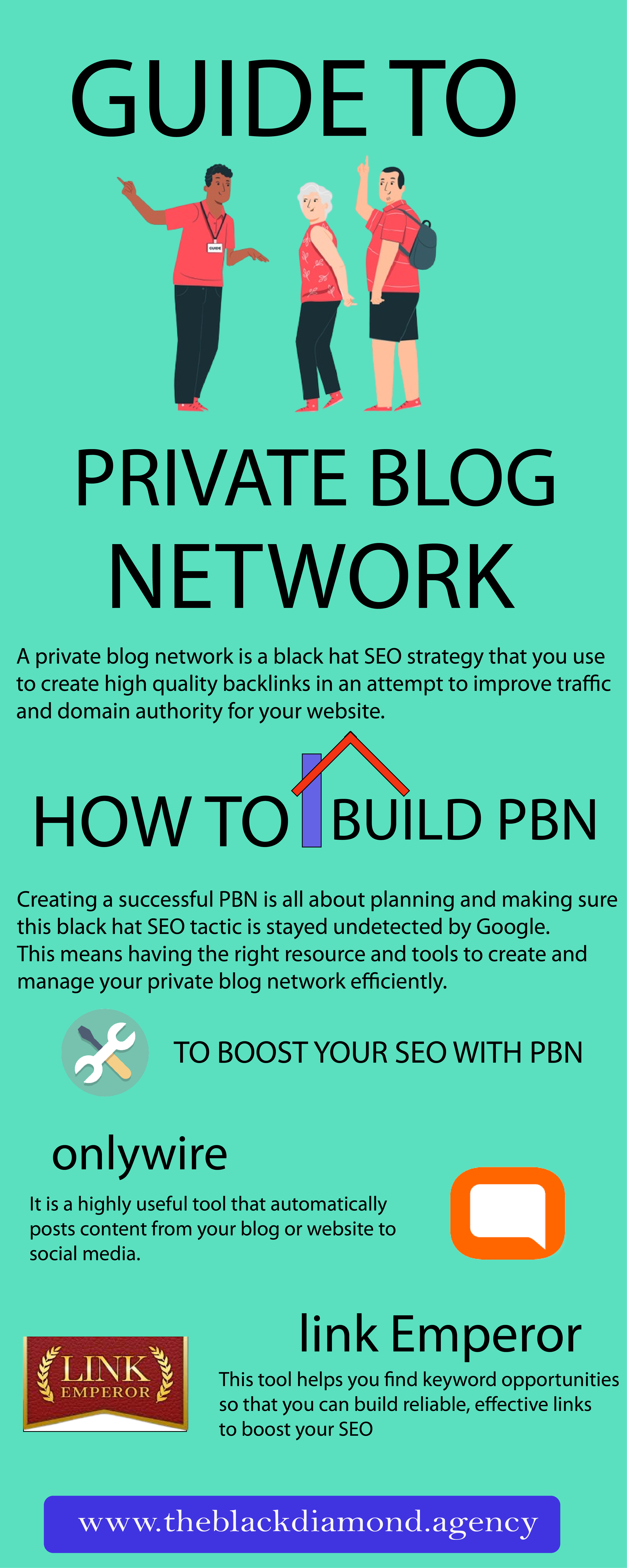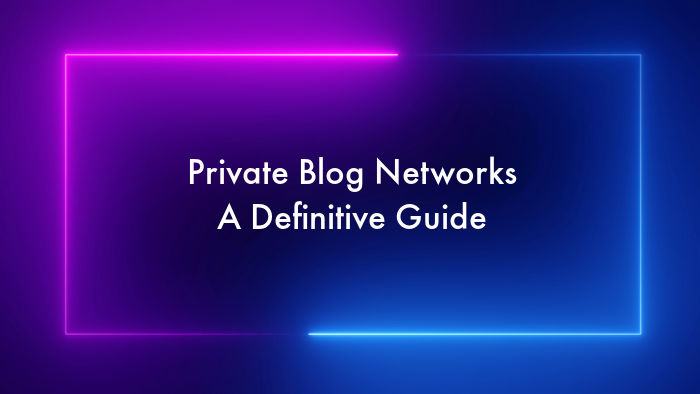
Private Blog Networks (PBNs) can be pretty controversial. They are a search engine optimization strategy that many SEO professionals both love and hate. If you are just getting started into the marketing game, you might think that private blog networks are not worth your time as they are a black hat SEO strategy doomed to fail. However, you should know that PBNs are a successful SEO strategy and they have been around for well over a decade.
What is a Private Blog Network?
A private blog network is a black hat SEO strategy that you use to create high quality backlinks in an attempt to improve traffic and domain authority for your website. Ask any SEO expert and they will tell you that one of the best ways to improve search engine ranking and boost website traffic is to establish quality backlinks to your website. This is exactly what PBNs are all about.
A PBN is generally comprised of expired domains or sites that have been purchased before they got expired. These expired domains have quality backlinks so they are a reliable way to convey high levels of link equity to other websites. As a private blog network owner, you will have complete control over the link placement, the blog content, and the anchor text to optimize the impact of the backlinks.
What Does Google Think About Private Blog Networks?

As mentioned before, private blog networks are a black hat SEO strategy as they are a form of intentional link building which is against the guidelines of Google. Many people see PBNs as an attempt to play the system as they give an unfair advantage to websites that are able to use them for backlinks. Because of this, Google attempts to identify the private blog networks and ultimately de-index the websites in those networks. Simply put, Google does not like PBNS and hence any websites that receive links from them may get thin content penalties.
How to Build a PBN?
Creating a successful PBN is all about planning and making sure this black hat SEO tactic is stayed undetected by Google. This means having the right resource and tools to create and manage your private blog network efficiently. Following are the tools most SEOs use to build their private blog networks:
- Onlywire: It is a highly useful tool that automatically posts content from your blog or website to social media.
- Link Emperor: This tool helps you find keyword opportunities so that you can build reliable, effective links to boost your SEO.
When building a PBN, it is also recommended that you estimate things like how many PBN links you will need and how much it will cost you. For an average PBN, you could use a spreadsheet to manage some of this. However, if you are planning to create a large private blog network, then this may not be scalable. The number of links you need is partially determined by your current domain authority and how competitive a market you are in. The cost of creating PBN mainly includes the cost of hosting, domain, and getting new content.
Also read: Building a Powerful PBN: A Simple Guide to Get Started
How to Buy Domains for PBN

Finding domains for your PBN is easy as thousands of them expire every day. The key is to find the ones that have high authority. Following are some ways to find and buy domains:
- Domain auctions
- Domain brokers
- Archive of dropped domains
- Pending deleted domains
- Expired domain crawlers
In conclusion, while private blog networks are a black hat SEO tactic, they are still widely used by SEOs because of their potential benefits. The risk of them being discovered by Google is relatively small as opposed to their potential benefits to your SEO practice.

